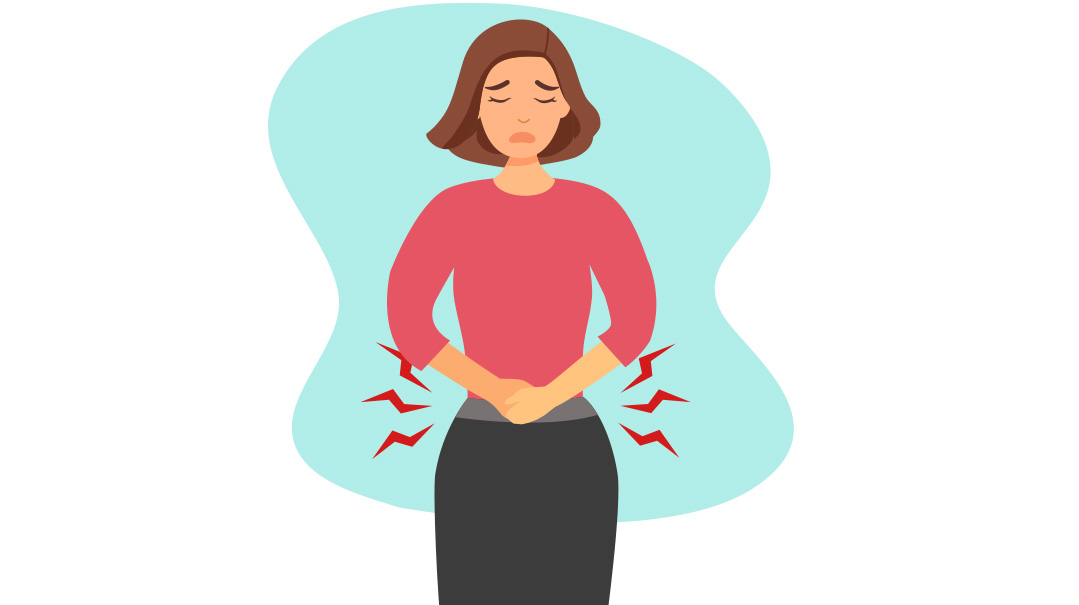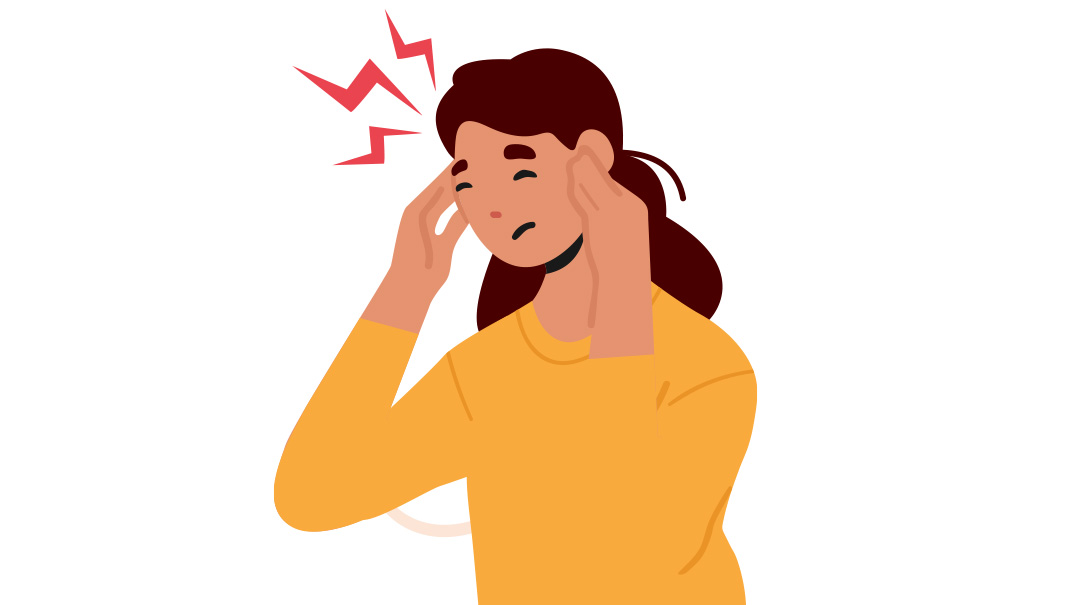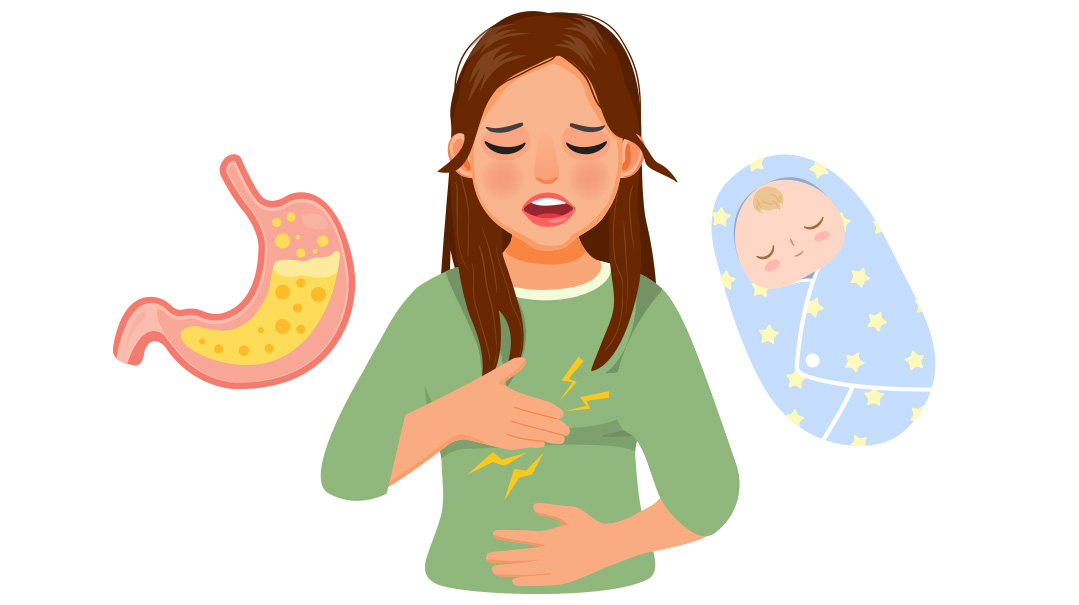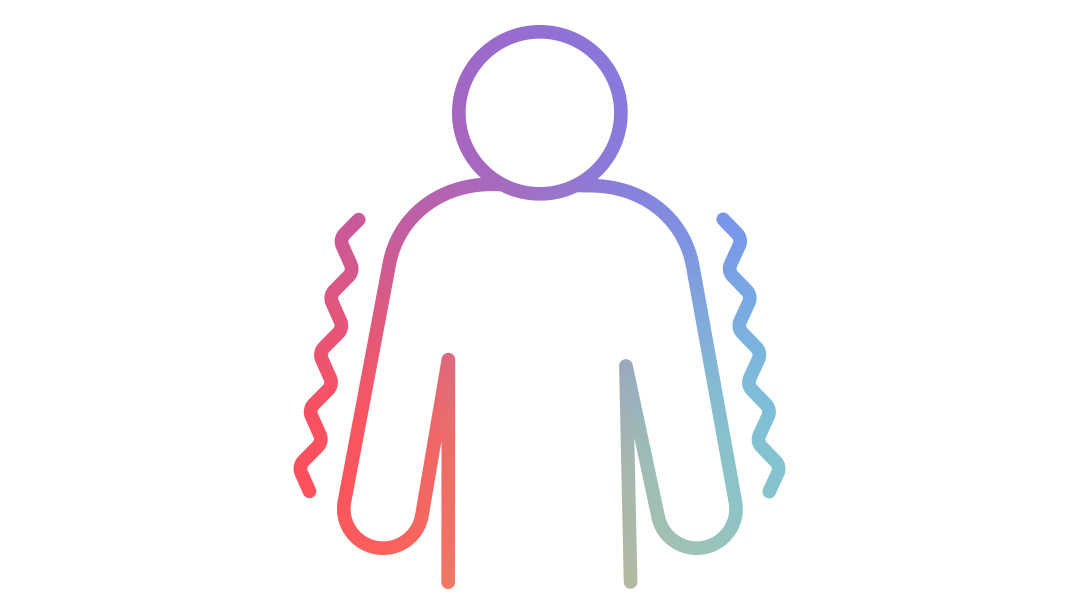Stomach Pain
| August 29, 2023Some different types of stomach pain and how you might be able to recognize, treat, or prevent them

Stomach complaints are common in kids and teens, and it’s often tricky to know what’s going on. Here are some different types of stomach pain and how you might be able to recognize, treat, or prevent them.
Gastroenteritis
Sounds scary! But it isn’t. This is the medical term for your typical “stomach bug.” It can be caused by either bacteria or viruses, is very common, and is contagious. In addition to stomach pain, there can be nausea, accompanied by vomiting, diarrhea, or both. There may or may not be fever.
What to do: Rest, and drink plenty of clear fluids. Make sure to wash your hands well with soap after each bathroom trip so you minimize the chance of others catching your bug. If you don’t feel like eating, don’t; just make sure to keep drinking. When you do feel hungry, stick to the BRAT diet: Bananas, Rice (just this time, white rice; the fiber in brown rice isn’t good for an upset stomach), Applesauce, and Toast (or another dry, easily digestible food, like crackers). Most episodes last 24 to 48 hours, but can take up to five days to pass. If you’re still experiencing symptoms after five days, check in with your doctor. And even if it’s only been a few hours or a day, if the pain is severe or there are signs of dehydration, make sure to contact your doctor immediately.
Foodborne Bacteria
Two of the most common forms of this bacteria are Salmonella and Shigella. Both cause similar symptoms to your typical “stomach bug,” but generally, the affected person is ill for a longer period of time. In most cases, the treatment is the same as above, though Shigella may sometimes require treatment with antibiotics.
How to Prevent: Good hygiene (wash your hands with soap!) and practicing food safety rules.
Appendicitis and other Emergencies
Any time stomach pain is severe, accompanied by high fever, or concerning in any way, contact your doctor immediately. An infection of internal organs, such as the appendix, or the twisting of an internal organ, is a medical emergency and must be treated right away.
Stress and Emotional Pain
Believe it or not, unprocessed emotions and anxiety-inducing situations can cause physical symptoms like stomach pain, nausea, and diarrhea. Some people experience stomach cramps and loose stools whenever they’re tense, such as before a big test or interview. Many people are familiar with feeling queasy when they’re nervous. Ever heard of a kid complaining of a tummy ache when things aren’t so peachy at school? The pain is real, but the source is emotional, not physical.
What to Do: Be aware of your emotions, and to try to accept them. If the sensations are short-term (like before your driving test), taking slow, deep breaths can help. If the stomach pain is ongoing, it’s always a good idea to check for possible emotional causes while continuing to rule out physical, medical issues.
Parasites
Humans can be infected by parasites that multiply in the digestive tract. Different parasites cause different symptoms, but many will cause stomach pain and diarrhea.
What to Do: If your stomach upset continues for more than a week, you may be advised to bring in a stool culture, which can be tested for common parasites. Most parasites do require treatment, and with the right medication, you should be feeling better in no time.
Constipation
If relieving yourself is an issue (you don’t go at least every day or two), constipation may be the culprit for your stomach pains.
What to Do: Drink lots of water, exercise, and eat tons of fruits, veggies, and whole grains, like oatmeal and whole grain cereals. (Fiber in any form!) Snacking on prunes can be really helpful to get your system going. If these changes don’t help, your doctor will have additional ideas for you, and may recommend testing to rule out other issues.
Chron’s Disease, Irritable Bowel Disease (IBD), Celiac, and Others
If your stomach problems have been going on for a while, it’s important to look into possible causes of chronic stomach pain. Getting the right diagnosis is vital; don’t just give up and try to live with the pain. Ignoring significant health issues can cause serious problems, and no one should be living with unexplained, chronic stomach upset.
(Originally featured in Teen Pages, Issue 976)
Oops! We could not locate your form.







